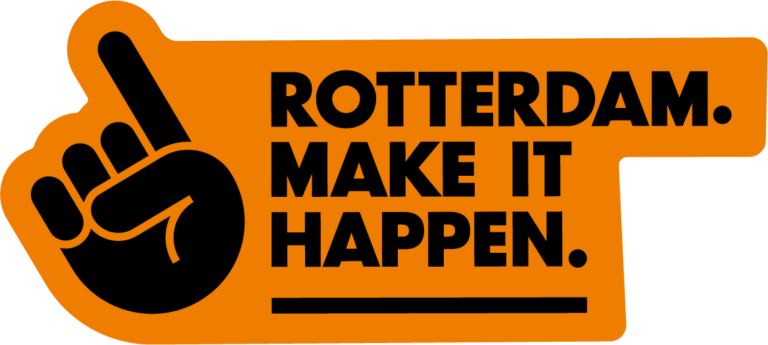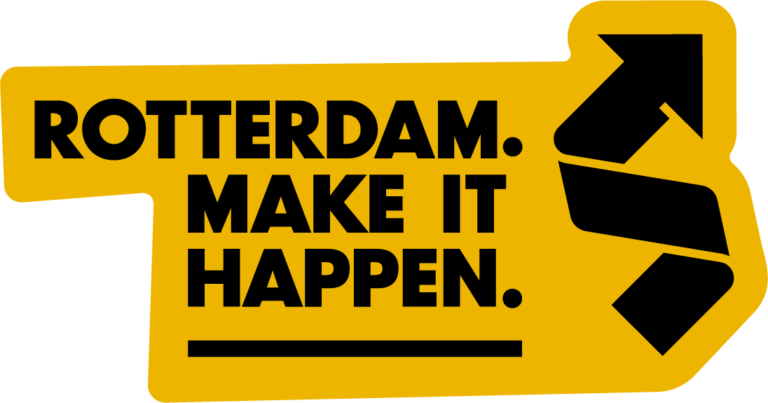From June 26 – June 28 the participants of the programme met in Bergen, Norway for the second step of the programme. The aim of this milestone was to understand and dive deeper into the challenges that cities face and could be addressed by placemaking on three scales of challenges: macro-challenges, place-based challenges and organisational challenges. Throughout the 3-day workshop, the cities’ representatives worked on uncovering what are the common trends and challenges on three different levels:
- Macro-challenges are related to the nature and dynamics of cities, such as social inequality, lack of community cohesion, unsustainable development patterns, and a decline in public spaces.
- Place-based challenges are related to a more local level and they include underutilised spaces, deteriorating infrastructure, limited access to services, and a lack of identity. These issues take form in the public space and within and across communities.
- Organisational challenges are related to bureaucratic processes, organisational arrangements, limited resources, resistance to change, and coordination among stakeholders.
On the first day, we discussed the macro challenges. Through the brainstorming activity, we wanted to create a framework for the current situation of cities – what are the most pressing challenges for the participating cities? As a result of this part we got a list of 10 main challenges and ranked them in order of importance for each of the cities. The workshops were followed by a session on equity – led by the International Society for Urban Health, and an open session involving practitioners working on local projects in the city of Bergen.
Day 2 was about the place-based challenges. We started by looking at the intricate network of interrelated causes and consequences that make up the macro challenges, to understand the interactions. We then looked at how these are manifested in the structure of our city and what the place-based challenges are. The third step of the day focused on how to prioritise place-based challenges to be addressed through placemaking, based on their local impact and ease of implementation. At the end of the day we went to the site visits, where we visited projects in Bergen, such as Marineholmen, Møllendal and Store Lungegårdsvann, Mindemyren and Fyllingsdalen.
The third day, led by Robyn Bennett from the Creative Bureaucracy Festival, focused on the organisational challenges. We discussed the organisational challenges for municipalities, and explored creative ways to overcome them. From the plenary session with closing reflections, it is possible to identify 5 main clusters of organisational bottlenecks that are: funding, organisational difficulties, sharing the value of placemaking projects, engaging people and measuring the impact of placemaking projects. This session introduced the next milestone on organisational bottlenecks that will be led in Strasbourg during the Placemaking Europe Week 2023.
Have a look at the report and feel free to share it further!





